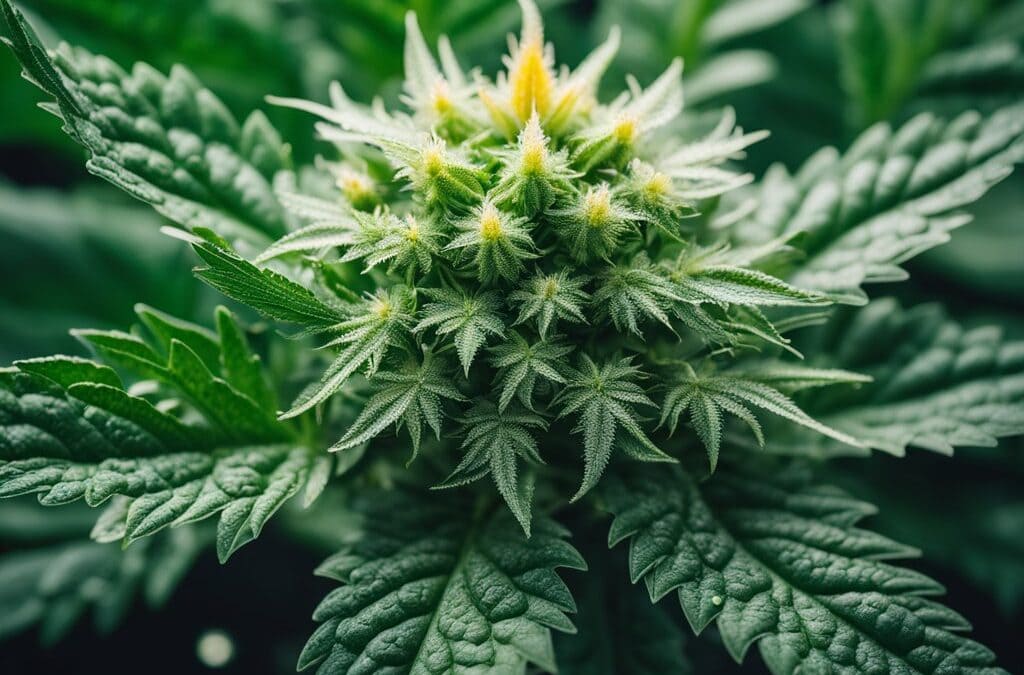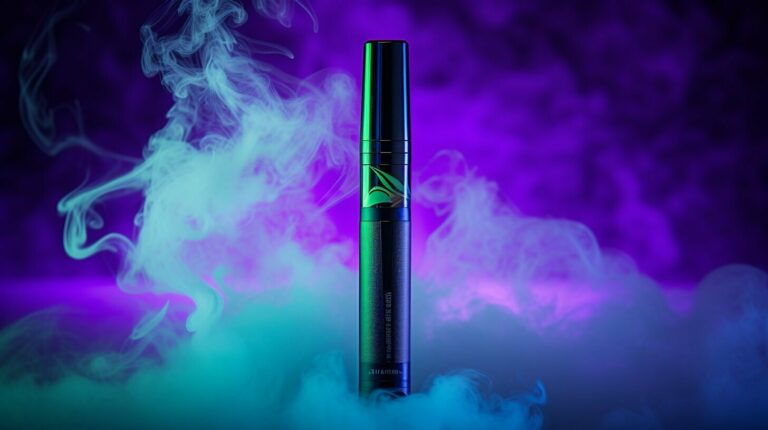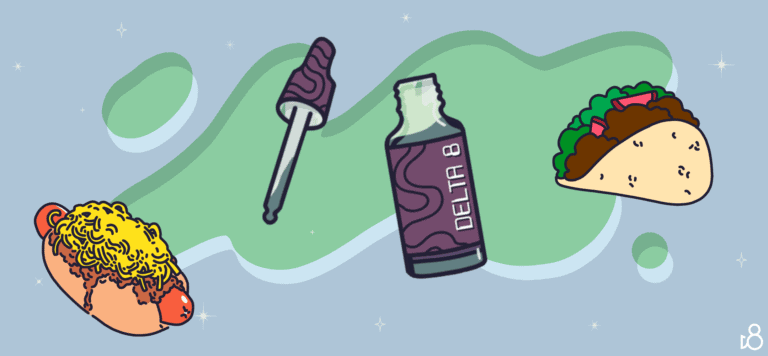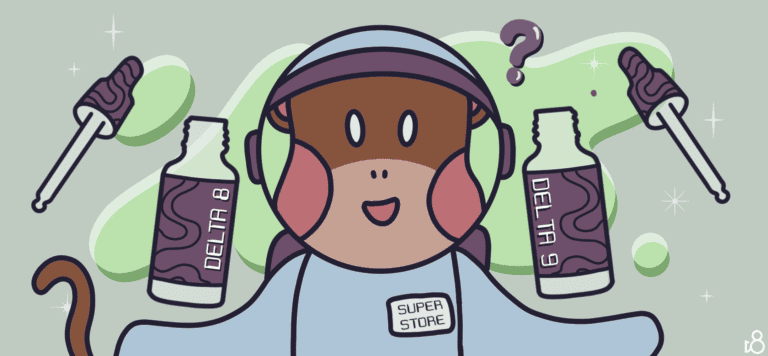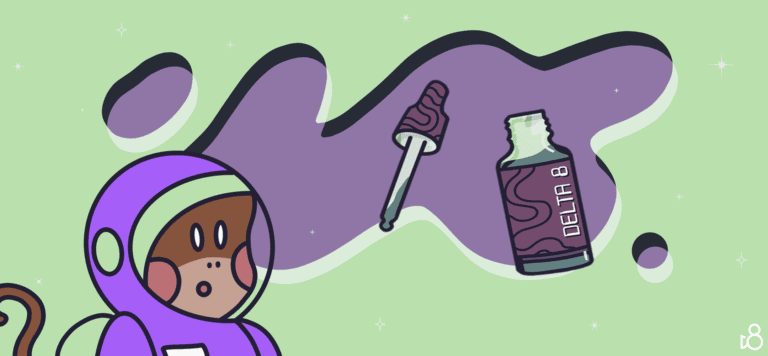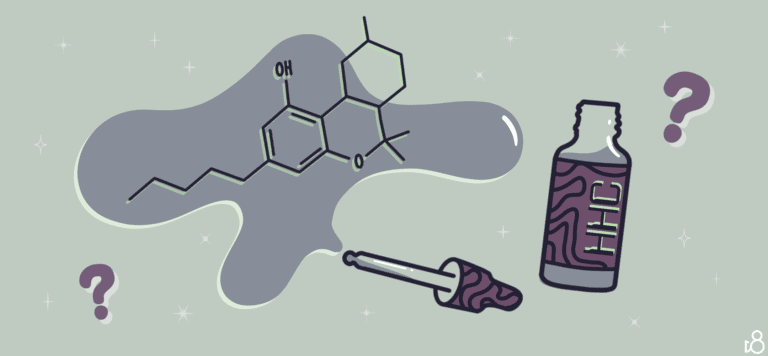THCa for Anxiety
Jump into the magical cannabis universe and stumble upon a hidden treasure called THCa. Imagine it as the shy cousin of THC, everyone’s favorite part of the weed party that sends you flying. But THCa? It’s like THC’s secret pre-fame phase, hanging out quietly. Smart folks in white coats figured out THCa can seriously chill you out if you’re feeling on edge, all without making you goofy, which is THC’s claim to fame. For anyone keen to meet cannabis’s unsung hero that battles anxiety without the buzz, THCa is your secret pass. Dive deeper to learn how this hidden gem with no high might just be the best bud you never knew you needed!
- Understanding THCa
- THCa and Anxiety
- Potential Health Benefits of THCa
- Different Forms of THCa Consumption
- Research and Understanding
- Considerations and Precautions
- Conclusion
- Frequently Asked Questions
- What are the potential therapeutic benefits of THCa in treating anxiety?
- How does THCa affect brain function in relation to anxiety management?
- Which cannabis strains are considered most effective for anxiety management as of 2023?
- Can using Indica strains of cannabis sometimes lead to panic attacks?
- What treatment options are available for cannabis-induced anxiety disorder?
- How do cannabinoids contribute to the treatment of mental disorders including anxiety?
Exploring the efficacy of THCa for anxiety leads to a dive into the intricate world of the cannabis plant’s compounds and their effects on your body. Cannabis has been used both recreationally and medicinally for centuries, with increasing scientific interest in its ability to alleviate various conditions. The effects of THCa on anxiety come from its interaction with your body’s endocannabinoid system, a complex network that helps regulate mood and stress.
While traditionally people may associate anxiety relief with THC or cannabidiol (CBD), the potential of THCa is gaining attention. As research progresses, it may become a part of your arsenal against anxiety, providing a non-intoxicating option from the cannabis plant. This makes it an intriguing area of study for those seeking alternative therapeutic avenues.
Understanding THCa
Before diving into the specifics, it’s essential for you to acknowledge that Tetrahydrocannabinolic acid (THCa) is a non-psychoactive cannabinoid found in the raw cannabis plant. Converting it to its well-known counterpart, THC, involves a process known as decarboxylation.
What Is THCa?
THCa, or tetrahydrocannabinolic acid, is a cannabinoid present naturally in the cannabis plant. It can be primarily found in the raw and live cannabis flower, showcasing a wide range of potential therapeutic benefits without the psychoactive effects associated with THC (tetrahydrocannabinol). When you consume raw cannabis, you are introducing THCa into your system, which has not yet been converted into the psychoactive THC.
Noteworthy Attributes of THCa:
- Natural State: Exists in the fresh leaves and flowers of cannabis plants.
- Decarboxylation: Requires heat to convert to THC, which induces psychoactive effects.
- Potential Benefits: Explored for therapeutic effects, such as its application for anxiety—yet research is ongoing.
THCa vs. THC: Distinguishing the Compounds
THCa and THC are two closely related compounds in the cannabis plant, but they have distinct differences in their effects and how they interact with your body.
- Psychoactivity: THC is known for its psychoactive properties, which can alter your mind or mood. In contrast, THCa is non-psychoactive.
- Heat Exposure: Decarboxylation is the key process that transforms THCa into THC. Heat, such as from sunlight, burning, or baking, triggers this conversion.
- Cannabinoids Profile: Both are cannabinoids, but they activate different receptors in the body, which may affect your experience.
When you apply heat to cannabis, as through smoking or vaporizing, you effectively convert THCa into THC, unlocking its psychoactive potential. This transformation is essential to consider, especially if you are seeking the therapeutic properties of cannabinoids without the high.
THCa and Anxiety

Recent research suggests that tetrahydrocannabinolic acid (THCa), a non-psychoactive compound found in cannabis, may have potential in managing symptoms of anxiety. Understanding how THCa works within the body’s endocannabinoid system can shed light on its possible anti-anxiety and neuroprotective effects.
How THCa Affects Anxiety
THCa is believed to modulate anxiety symptoms by interacting with the endocannabinoid system (ECS), which plays a pivotal role in maintaining balance within your body. While direct research on THCa specifically for anxiety is currently limited, evidence shows that related cannabinoids can alleviate anxiety and stress. Consequently, THCa’s influence on the ECS suggests a potential to maintain mental health without the psychoactive effects typically associated with THC.
It’s essential to consider that your body’s response to cannabinoids is unique, and the effects of THCa can vary between individuals. With ongoing studies exploring the neuroprotective and mood-regulating properties of cannabinoids, the role of THCa in anxiety management continues to become more compelling.
The Endocannabinoid System and Anxiety Management
Your body’s endocannabinoid system is a complex network of receptors that regulate various physiological processes, including mood and anxiety. Beyond its homeostatic functions, the ECS is instrumental in responding to external stressors and may help mitigate the impact of stress on your body.
Substances that influence the ECS, like THCa, have been gaining attention for their potential in anxiety management. By supporting the ECS, THCa may foster a more balanced mental state, aiding in the mitigation of anxiety symptoms. Ongoing research is crucial in unlocking the full potential of THCa as part of a comprehensive approach to mental health and wellbeing.
Potential Health Benefits of THCa
Tetrahydrocannabinolic acid (THCa) is a non-psychoactive precursor to THC found in raw and live cannabis. As THCa decarboxylates, it becomes THC, the compound primarily responsible for the euphoric effects associated with cannabis. However, in its acidic form, THCa has been observed to offer its own set of potential health benefits, most notably its neuroprotective and anti-inflammatory properties, as well as its role in treating nausea and improving appetite.
Neuroprotective and Anti-inflammatory Properties
Research suggests that THCa may possess neuroprotective properties, which could be beneficial for neurodegenerative diseases. For instance, its anti-inflammatory effects may play a role in reducing brain inflammation, a common feature in such conditions. The ability to protect neural structures from damage potentially positions THCa as a supportive compound for your brain’s health.
THCa in Treating Nausea and Appetite
If you’re struggling with nausea or a lack of appetite, THCa could provide natural relief without the psychoactive effects that THC offers. Studies point towards THCa having a positive impact on such symptoms, likely due to its interaction with cannabinoid receptors in your body’s endocannabinoid system that influence digestive processes and sensations like nausea.
Different Forms of THCa Consumption

THCa, or tetrahydrocannabinolic acid, is found in the raw cannabis plant and requires specific forms of consumption to maintain its non-psychoactive state. Here are the main ways you can consume THCa.
Raw Cannabis Products
To receive THCa’s benefits without the psychoactive effects of THC, it is essential to use unheated cannabis. Juicing raw cannabis plants is a popular method, allowing you to mix the juice with other ingredients to improve the taste and add nutritional value. Products such as fresh cannabis leaves or buds can be incorporated into smoothies or salads. When consuming THCa in its raw form, it’s crucial to source fresh cannabis that hasn’t been dried or cured, as these processes often lead to decarboxylation, converting THCa into THC.
Tinctures, Oils, and Edibles
Tinctures are liquid extracts made from herbs that you ingest. A THCa tincture contains alcohol or another solvent as a base, where the raw cannabis is steeped. To use, you place drops under your tongue, which allows for quick absorption into the bloodstream. On the other hand, oils that contain THCa are typically made by infusing a carrier oil with raw cannabis. These can be ingested, used in cooking at low temperatures, or applied topically. Edibles containing THCa are generally raw or minimally processed foods, such as energy bars or cannabis-infused honey. Keep in mind that edibles must not be heated above certain temperatures to prevent the conversion of THCa to THC.
Research and Understanding
In exploring THCa for anxiety management, you’ll notice a growing body of research suggesting potential therapeutic benefits, with studies delving into how THCa interacts with receptors that affect anxiety levels.
Current Research on THCa
Recent studies on cannabinoids have expanded your understanding of their varied effects on anxiety and mood disorders. Specifically, research into tetrahydrocannabinolic acid (THCa) has begun to uncover how it might contribute to managing anxiety symptoms. Unlike its well-known counterpart, THC, THCa is a non-psychoactive cannabinoid found in raw cannabis plants. It is showing promise due to its interaction with endocannabinoid system receptors in your body. These receptors play a role in regulating mood and anxiety, leading researchers to examine the unique properties of THCa.
Evaluating the Efficacy of THCa for Anxiety
Evaluating the efficacy of THCa for anxiety involves clinical trials and experimental studies. To date, there are limited but promising findings that support the need for ongoing research. One study points towards the possibility of THCa being more effective than previously thought when compared to THC in its ability to alleviate nausea, a common comorbidity with anxiety. This suggests that further research could illuminate THCa’s role in anxiety treatment. Additionally, researchers are interested in the synergistic effect of different cannabinoids, such as CBD and THCa, and their collective impact on mood and anxiety disorders. Understanding these relationships and their mechanisms can guide you towards a more informed use of cannabinoids for anxiety.
Through meticulous research, your knowledge in this field will expand, potentially uncovering effective cannabinoid-based treatments for anxiety.
Considerations and Precautions
When exploring the use of THCa for anxiety, it’s essential to consider the potential side effects and risks, understand the legal landscape, and seek guidance from a healthcare professional to ensure safe and informed usage.
Side Effects and Risks
Low doses of THCa may offer relaxation and alleviate anxiety, but exceeding recommended amounts can lead to unwanted effects. At high concentrations, you might experience paranoia or a heightened sense of anxiety, the opposite of the intended therapeutic effect. Be mindful of interactions with other medications, as THCa could affect their efficacy or cause adverse reactions.
Legal Status and Regulation
THCa is a naturally occurring compound in medical marijuana, which has been legalized in many areas. Its legal status is still affected by the 2018 Farm Bill, which distinguishes between hemp and cannabis based on THC content. Products derived from hemp with less than 0.3% THC are federally legal, but always verify your state’s regulations to ensure compliance.
Consult a Healthcare Professional
Before you start using THCa for anxiety, consult with a healthcare professional. They can provide personalized advice tailored to your health history and current condition. A healthcare professional can help determine appropriate low doses, monitor for adverse reactions, and offer insights on potential benefits and risks based on the latest research and clinical evidence.
Conclusion
In exploring the role of THCa in anxiety management, it’s important to understand that this cannabinoid is a non-psychoactive compound. Unlike THC, it does not produce the high commonly associated with cannabis. Research has hinted at a potential for THCa to address symptoms of anxiety, contributing to your overall well-being without the psychoactive effects.
Clinical evidence is still in its infancy, but studies are promising. One such study suggests that THCa may be a more desirable compound for certain treatments. Considering therapy options, the absence of psychoactivity in THCa may offer an advantage, potentially reducing anxiety without impairing cognition or motor skills.
While the therapeutic potential of THCa is being investigated, be cautious of unsubstantiated claims. Ensure any treatment decisions are made in consultation with healthcare professionals, familiar with the latest research and individual patient needs.
Remember, applying cannabis-derived compounds should always align with legal frameworks and medical guidance. As knowledge evolves, so too may the options for integrating compounds like THCa into anxiety management protocols.
Frequently Asked Questions
Discover key insights into THCa and its role in anxiety treatment, including effects, best strains, and the latest understanding of its impact on mental health.
What are the potential therapeutic benefits of THCa in treating anxiety?
THCa, the non-psychoactive precursor of THC found in cannabis, may have therapeutic benefits for anxiety due to its anti-inflammatory properties. Research indicates potential anxiolytic effects, though more studies are needed.
How does THCa affect brain function in relation to anxiety management?
While THCa does not have intoxicating effects, it is believed to potentially modulate neurotransmitter activity. This could theoretically aid in regulating mood and stress responses, influencing the management of anxiety.
Which cannabis strains are considered most effective for anxiety management as of 2023?
In 2023, strains with a balance of cannabinoids, including CBD and THCa, are favored for their less psychoactive profile, which may help in reducing anxiety without significant side effects.
Can using Indica strains of cannabis sometimes lead to panic attacks?
Yes, even though Indica strains are popularly believed to be relaxing, they can sometimes lead to panic attacks, especially in individuals with a pre-existing anxiety condition or when consumed in high doses.
What treatment options are available for cannabis-induced anxiety disorder?
Treatments for cannabis-induced anxiety disorder include cognitive-behavioral therapy, as well as the consideration of cessation or reduction of cannabis use, guided by a medical professional.
How do cannabinoids contribute to the treatment of mental disorders including anxiety?
Cannabinoids, like CBD and THCa, interact with the endocannabinoid system, which is involved in regulating mood and stress. They may offer therapeutic effects for mental disorders including anxiety, as highlighted in systematic reviews on the subject.

